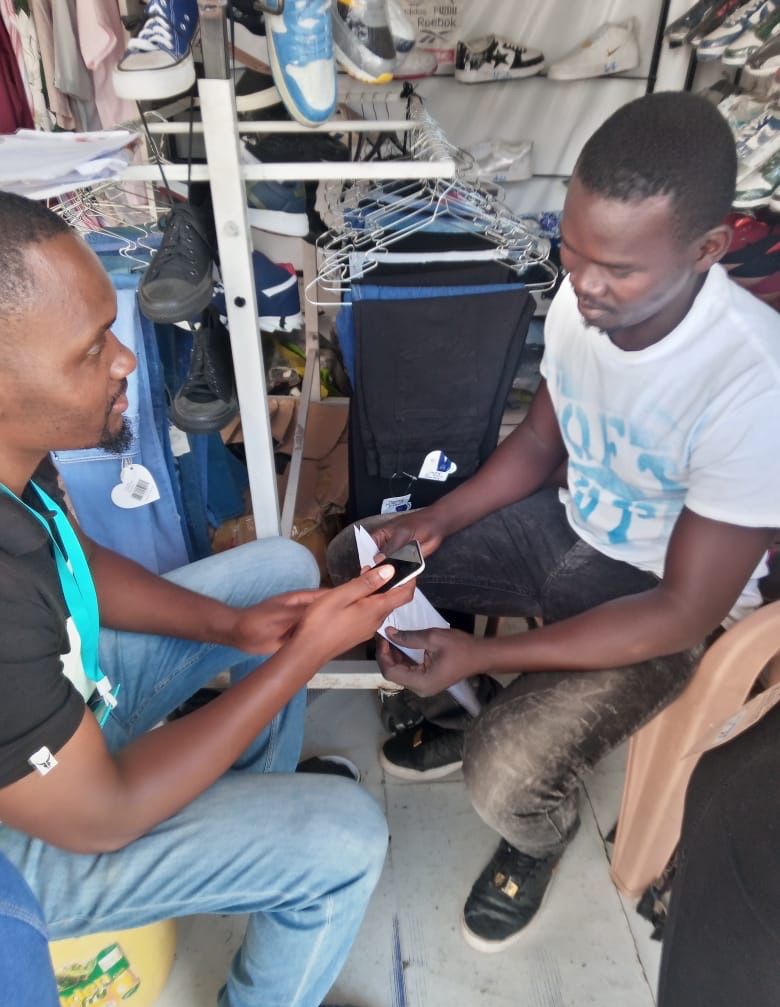Peer Effects, Warning Messages, and Problem Gambling in Kenya

Photo Credit: Laura Barasa (during data collection for this study)
Policy Context
While mobile money and smartphones have boosted financial inclusion in Kenya, the proliferation of gambling applications presents potential risks to those in personal debt. Lawmakers have proposed the 2019 Gaming Bill in Kenya, which would introduce gambling warning messages in advertisements.
This study aims to evaluate the impact of peer effects and gambling warning messages on gambling behavior.
Study Design
This study surveys 1,500 participants from the Katoloni sub-location, Machakos County, Kenya, asking participants about gambling behavior and gambling severity based on the Canadian Problem Gambling Index.
Using randomization, the study comprises 79 sessions, with approximately twenty players participating per session. It involves the following four groups:
- Group 1: Participants engage in peer discussions and interactions before placing bets.
- Group 2: Participants are shown a gambling warning message for ten seconds before placing bets or before placing their last bet in a sequence of three games.
- Group 3: Participants engage in peer discussions and interactions before placing bets and are also shown gambling warning messages.
- Group 4: Participants place bets individually without any peer interactions or gambling warning messages.
Results and Policy Lessons
The study will inform policymakers and practitioners concerned with problem gambling interventions in Kenya and sub-Saharan Africa. Results forthcoming.

